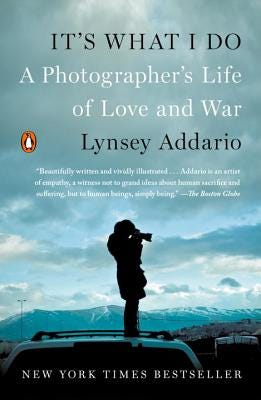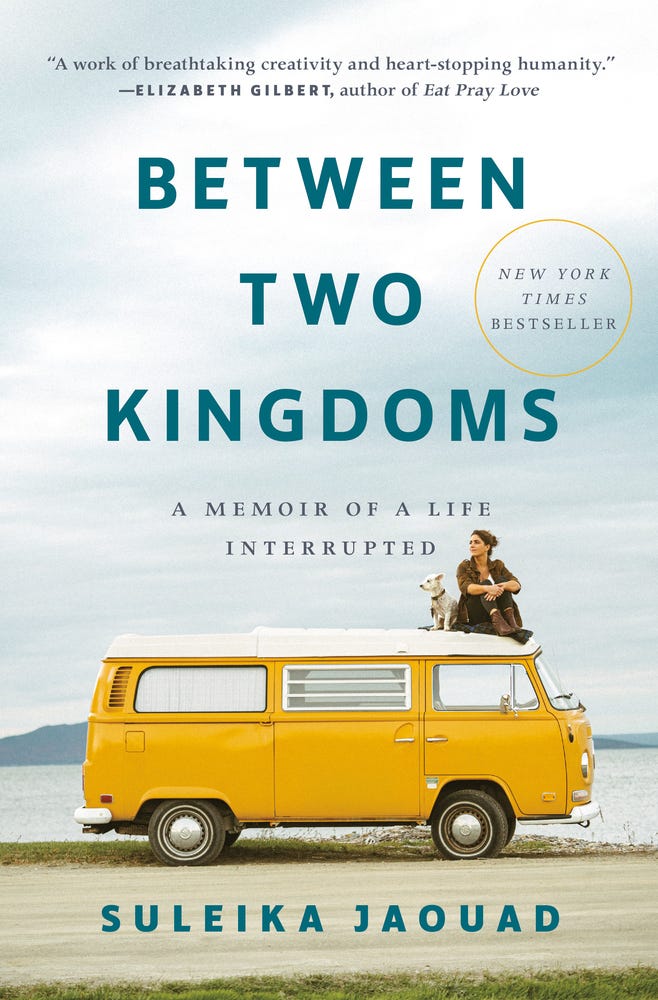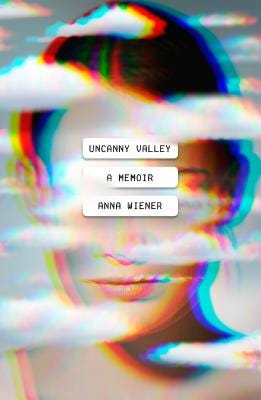For some reason, 2021 has been almost alllll fiction reading for me. Desperate to escape to a non-COVID life, anyone? But of course, memoirs can be perhaps the best escapes to another person’s perspective, to walk in their real-life experiences, to have gratitude for our own sets of challenges and fortune, and to just marvel at the indomitability of the human spirit (yes, I have been watching the Olympics, please forgive my hopefully temporary lapse into anthemic cliche.)
But reader, it is a truth not-so-universally acknowledged that a lot of memoirs out there might be compelling stories in real life but aren’t terrific to read, so they end up feeling a little bit like call-in radio - just get to the POINT already. I’ve shared a few memoirs before, both celebrity and “civilian”; and while I unapologetically love a dishy memoir, this week I wanted to share a few memoirs “from the trenches.” I don’t mean from the literal war trenches - though one of them is - but really from those points and places of inflection in our lives where we have to decide what’s important to us, what we risk and what we’ll fight for, and how to address what feels like a betrayal of our expectations and move on from what we thought life would or should be be. Even if we don’t go through what these authors experience, I think it’s something to which we probably all relate. And they’re all, in their own ways, powerful reads.
It’s What I Do is an impressive memoir by a war photographer, a woman who repeatedly took her camera to cover conflict zones (Afghanistan immediately post-9/11, Iraq, Darfur, Congo). In some ways it’s surprising that a photographer would be equally skilled with words, which she is - in both the telling of her own experiences with danger, with institutional and on the ground sexism, the difficult choices she makes for herself and her family, and the descriptions of the pain she witnessed. But in other ways, it’s not at all surprising that an artist who strives to create empathy with a camera would create a memoir that’s equally moving.
Between Two Kingdoms is a memoir of a war no one ever should have to fight; at 22, Suleika Jaouad was diagnosed with advanced leukemia and spent the next four years in a profoundly debilitating, life-threatening cancer journey. The book is split into two parts: life with cancer and then life after cancer - how she came to terms with surviving when many of her friends had not, how to relate to a new life of the living, and how she had to figure out what her life would look like moving forward. She actually started her writing journey as a New York Times columnist while in cancer treatment, and the writing can be quite journalistic, sometimes even a little too reportorial, for a memoir, even when talking about her own mortality. Still - a profound read.
So, Uncanny Valley is the memoir of a young woman who, when broke and disillusioned with struggling life in publishing, joined several Silicon Valley startups in search of meaning, success and ambition.
Okay, okay, LOOK. Before you cancel me, I’m not saying the trenches of a quarter-life crisis, and of struggling with the moral, personal and cultural ethics of Big Tech, are like a literal war or actual illness. Obviously not. And there’s quite a lot of the millennial struggle in this, which you’ll either empathize with or you’ll find irritatingly naive. (As my father said while reading it, “well, she’s very twenty-five.”)
But! There’s something about this memoir that goes far beyond the typical “coming of age” story - partly because this author is a writer for The New Yorker, meaning the writing is particularly skilled, with a journalist’s evenhandedness and a reader’s gift for story. And part of it is the (to me) clear-eyed, unsparing but fair observations about technology’s global impact and Silicon Valley culture from the inside, as well as the part she played in it while trying to find herself and make change in the world. It’s as much an indictment of herself and her choices as it is of our usual tech villainy. For those who prefer their memoirs with slightly less trauma, this is (I thought) a good choice.
Tell me: what’s the best memoir you’ve read?
Speaking of Olympics, here are two little bonus book suggestions:
If you like your sports cutthroat, your mysteries dark, and your mood suspenseful, you’ll want to read You Will Know Me (from the archive, “Sports Books Everyone Will Love”). A murder mystery set against Olympic-level gymnastics and a perfect example of Megan Abbott, who is so dark but so good.
And on the complete flip side (SEE WHAT I DID THERE), if you like your pep talks inspirational, your meets cute, and your tales from the modern fairy variety, you can check out Head Over Heels, a rom-com also set against Olympic gymnastics with just enough substance, specificity, and self-determination to give it a little more impact than the average romance. It won’t change your life, but it’s fun.
And as always, all links go to Bookshop.org, which a/supports independent bookstores rather than space pioneers, not that there’s anything wrong with space, and b/has all of my past recommendations here.








